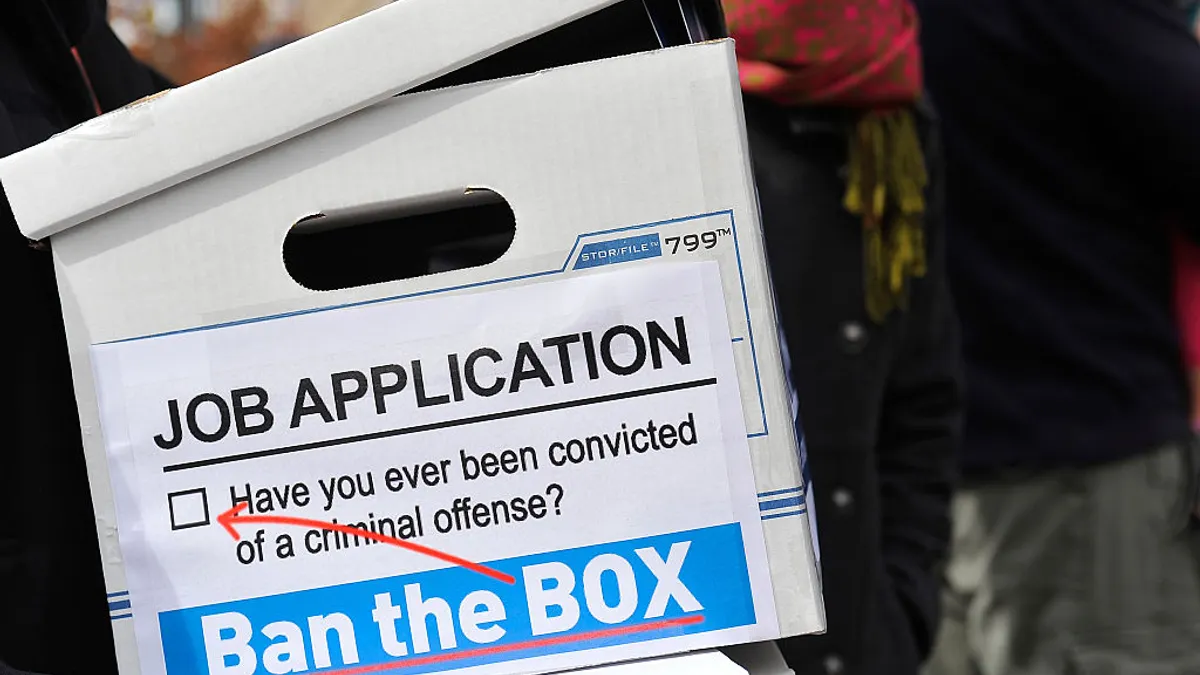A federal court ruled June 9 that nuclear power plant operator Constellation Energy Generation must face a former employee’s lawsuit alleging it violated the Americans with Disabilities Act by fabricating reasons to deny him unescorted facility access because of his PTSD. It fired him after revoking his access.
According to court documents in Thomas v. Constellation Energy Generation, LLC, the employee, who worked for the company from 2006 through 2023, was a senior site emergency preparedness specialist at a Constellation facility in Byron, Illinois.
In that position, he was required by Nuclear Regulatory Commission regulations to have unescorted access authorization to the facility and undergo periodic evaluations to maintain his access, court records said.
The employee alleged that during a requalification interview, he disclosed that a U.S. Department of Veterans Affairs doctor had diagnosed him with post-traumatic stress disorder in 2019, and the VA gave him a 70% disability rating due to the diagnosis.
He did not disclose this on his medical questionnaire but explained to an access supervisor that his VA disability attorney advised him he didn’t need to report it, the complaint alleged.
The employee also allegedly submitted medical documentation from the VA that he wasn’t a threat to himself or anyone else and could perform his assigned job duties with no restrictions.
However, during a follow-up interview, a medical review officer allegedly called him a liar and threatened that she wasn’t “going to believe anything you tell me in this interview.”
The MRO also repeatedly said she knew he was lying because, according to her, if he “truly had a 70% rating for PTSD, then [he] would be completely debilitated,” the lawsuit alleged.
Constellation subsequently withdrew the employee’s authorization for unescorted access and terminated him because he no longer had the NRC-required access. He sued it for violating the ADA.
In particular, the complaint alleged the MRO’s accusations were based on her biases against his PTSD, “as none of the medical documentation in her possession could have possibly supported her accusations.”
The employee also asserted that the MRO’s notes, as well as those of the access supervisor, grossly mischaracterized what was discussed, took statements completely out of context and included “utter fabrications.”
The court refused to dismiss the lawsuit.
It rejected Constellation’s assertion the employee failed to state a cause of action, including because, according to Constellation, the employee conceded in his allegations that absent unescorted access, he was legally prohibited from working at the plant.
However, “this argument relies on the faulty premise that [the plaintiff’s] unescorted access denial was legitimate and nondiscriminatory,” the court said.
And that wasn’t what he alleged, the court pointed out. Rather, the employee claimed Constellation unlawfully denied him unescorted access because of his PTSD and fired him based on its discriminatory denial of access, the court explained.
For instance, the employee did not allege the MRO determined his PTSD prevented him from safely and competently doing his work or that he was untrustworthy or unreliable due to substance abuse, the court noted.
Instead, he alleged the MRO and the access supervisor “misconstrued his interviews to raise trustworthiness and reliability concerns as a pretext for disability discrimination,” the court said.
An EEOC guidance reminds employers that it’s illegal to refuse to hire a military veteran solely because the veteran has PTSD, was previously diagnosed with PTSD, or because the employer assumes the veteran has PTSD.
Similarly, employers may not refuse to hire a veteran based on assumptions about a veteran’s ability to do the job because the veteran has a disability rating from the VA, which uses different standards than the ADA in determining disability.






















